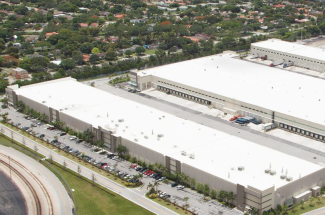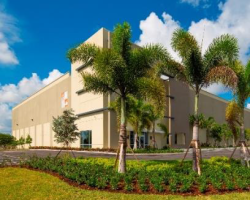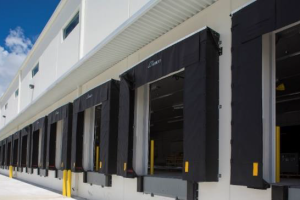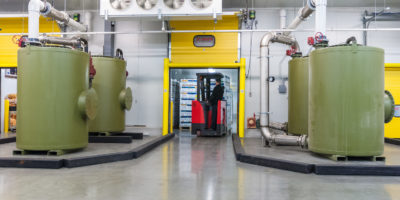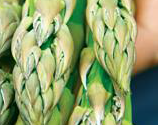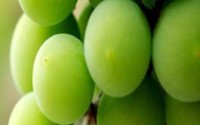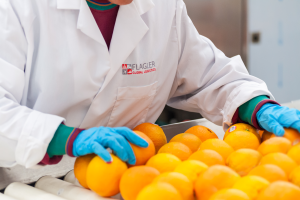Flagler Global Logistics: A Single-Source, Third-Party Logistics Provider for the Perishables Industry
Miami, Florida USA Site Visit
April 25, 2016
By
Richard Armstrong
Key Personnel:
David Bouchard – President
Manny Fernandez – Executive Vice President of Logistics Services
Alexander Gomez – Vice President of Innovation
Kathleen Rodriguez – Vice President of Marketing and Public Relations
Flagler Global Logistics Overview
Flagler Global Logistics (FGL) is a unique, integrated real estate and logistics company located in South Florida at its South Florida Logistics Center (SFLC) campus on the north side of the Miami International Airport. The campus resides on more than 200 acres of land that includes an intermodal logistics hub with direct rail access to and from Port Miami and Port Everglades via Florida East Coast Railway.



